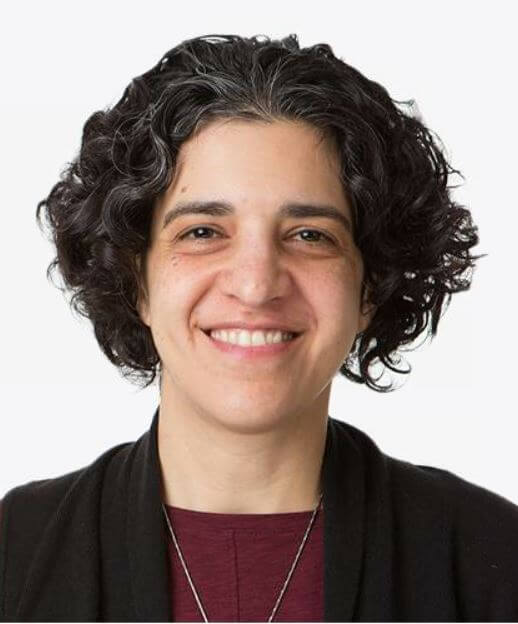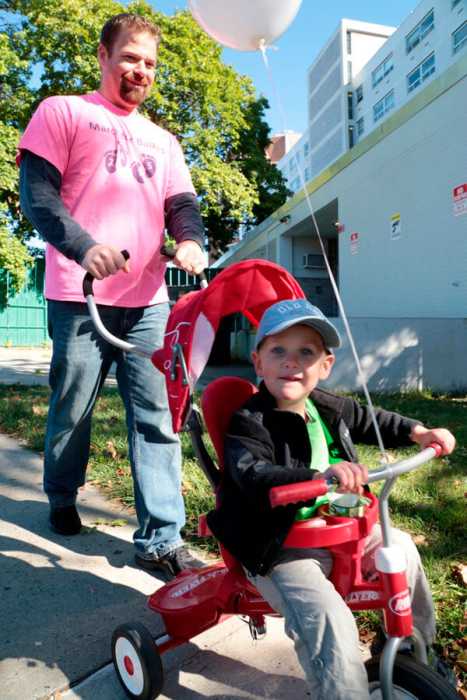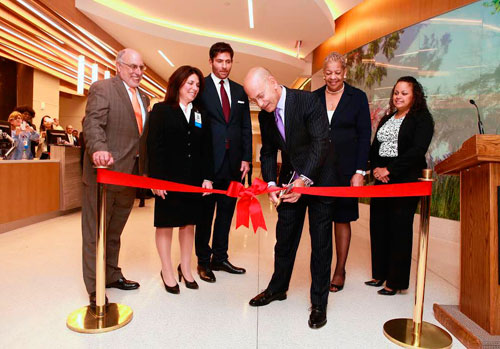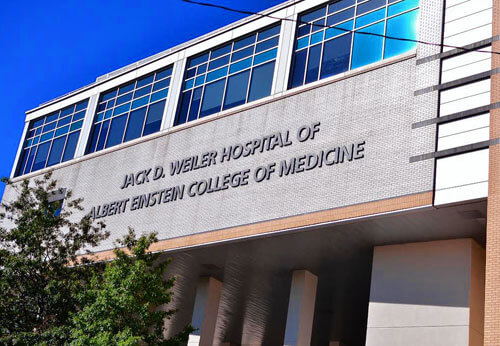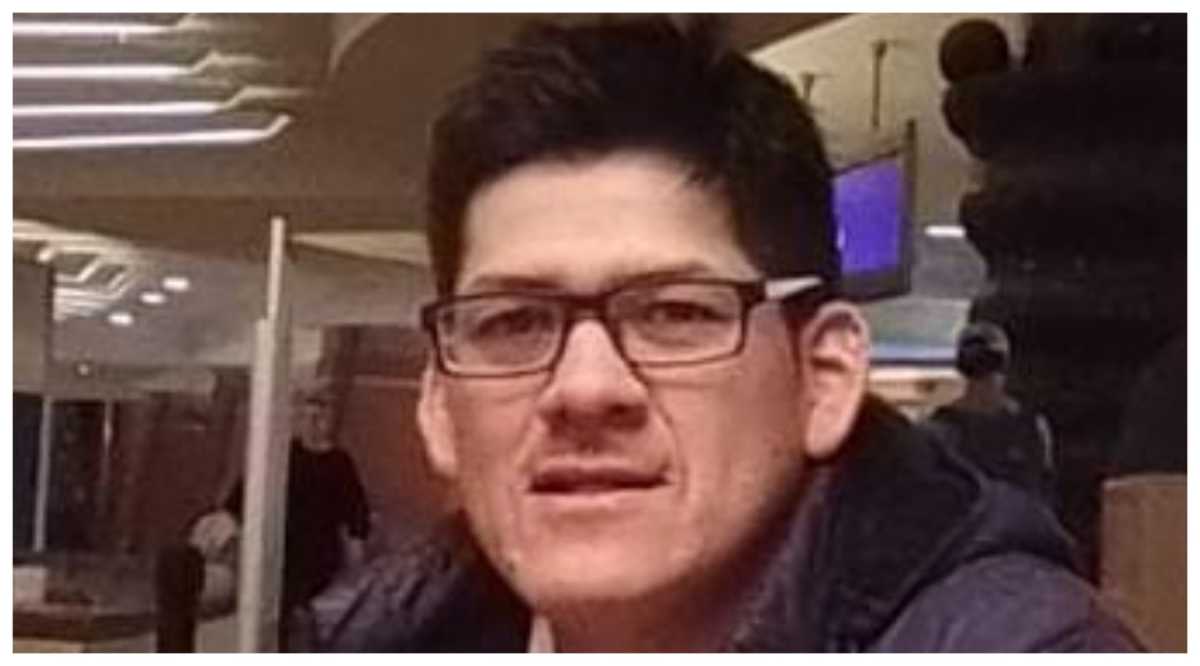Studies show that every six hours, a person dies from a drug overdose in New York City, with more deaths in the Bronx than any other borough.
COVID-19 has made the overdose epidemic even more dangerous because many people feel isolated and uncomfortable going to hospitals to get care.
To ensure people get the substance use disorder treatment they need, Montefiore Health System and Albert Einstein College of Medicine have been awarded a $4 million grant from the United States Department of Health and Human Services (HHS) to train physicians in addiction medicine and strengthen relationships with community partners. The Montefiore-Einstein Addiction Medicine Fellowship, started in 2019, continues to expand its commitment to advancing substance use disorder treatment in the Bronx.
“We are proud of our long-established programs, but now more than ever, we need to increase the number of physicians equipped to treat those with substance use disorders and our presence in community-based settings,” said Dr. Shadi Nahvi, director of the Addiction Medicine Fellowship program at Montefiore and Einstein, and associate professor of medicine, psychiatry and behavioral sciences at Einstein.
The five-year HHS grant will fund an Accreditation Council for Graduate Medical Education (ACGME) addiction medicine fellowship program to train new doctors on a team approach, which includes nurses, counselors, social workers, nursing homes, pharmacists and community-based organizations so treatment can start as early as possible, regardless of where people are seeking help.
Training will occur at clinical settings like the Montefiore Einstein Division of Substance Abuse and the Montefiore Buprenorphine Treatment Network.
The fellows will then complete their training at organizations like New York Harm Reduction Educators, which provides safe syringes and engages people who use drugs. Additionally, the fellows will partner with community groups, including BronxWorks, the Harm Reduction Coalition, the Osborne Association, the Drug Policy Alliance and the NYC Department of Health and Mental Hygiene.
By having clinicians in community locations that provide services like food and shelter, Montefiore doctors can prescribe buprenorphine to prevent withdrawal and block the pleasurable effects of using opioids and be primary care doctors when needed, treating conditions such as HIV and Hepatitis C.
“Our hope is that by partnering closely with our community, our addiction medicine fellows can become change agents and rethink how to deliver the best care possible during this pandemic and well into the future,” Dr. Nahvi said.

